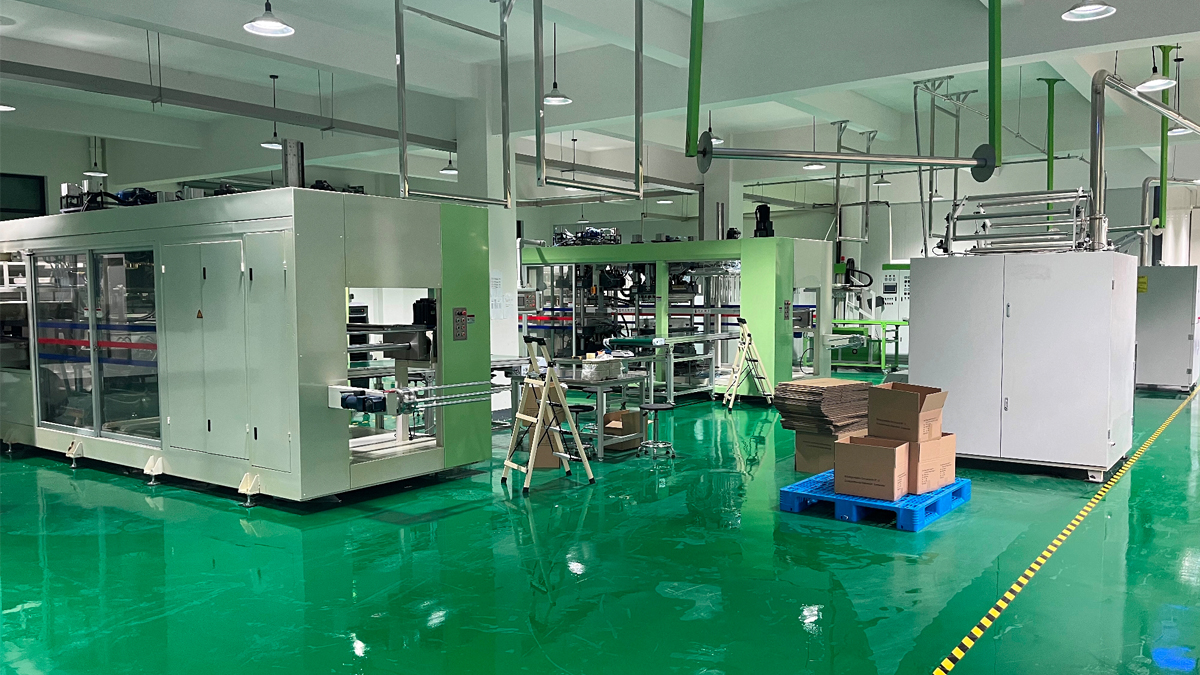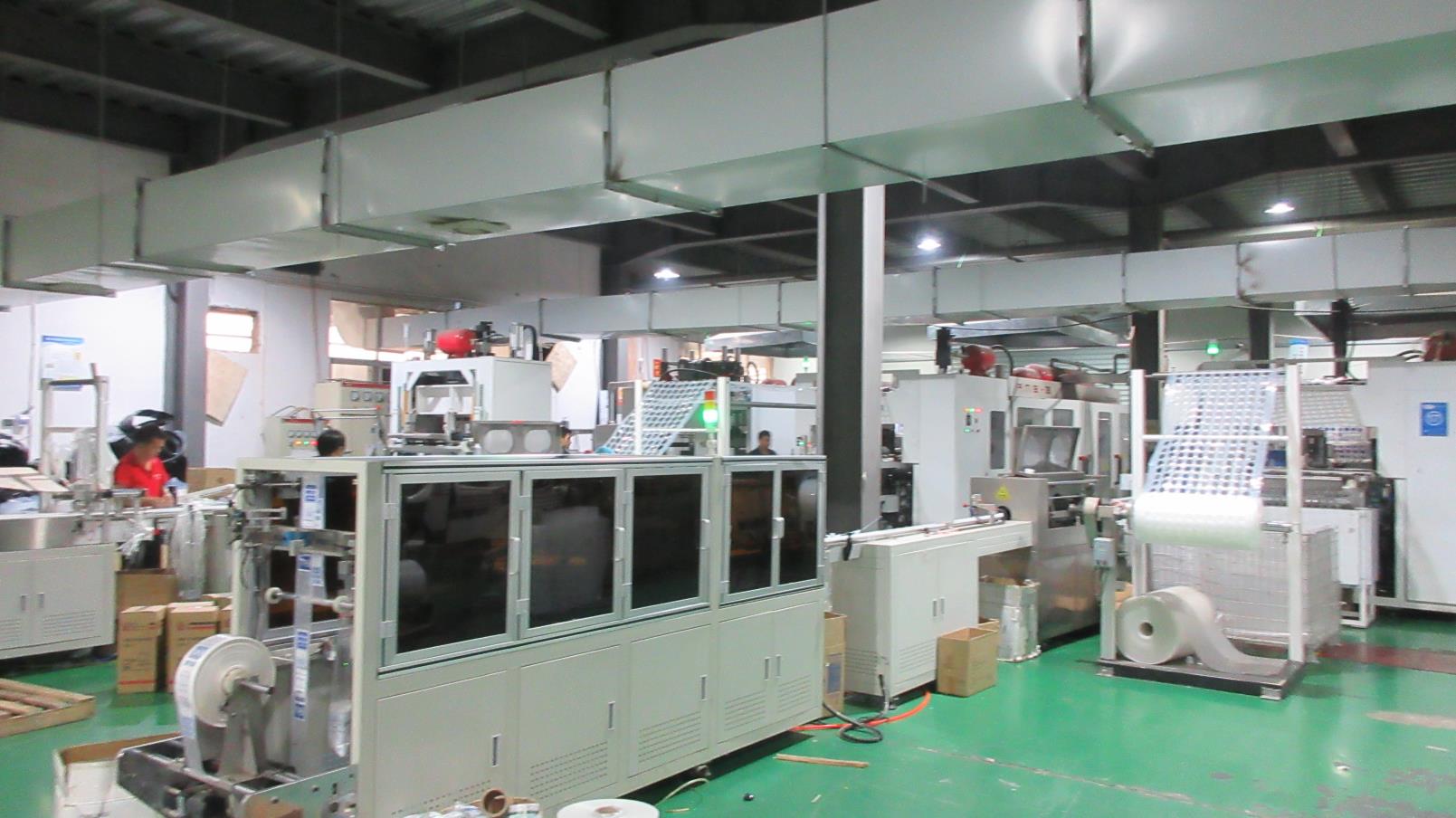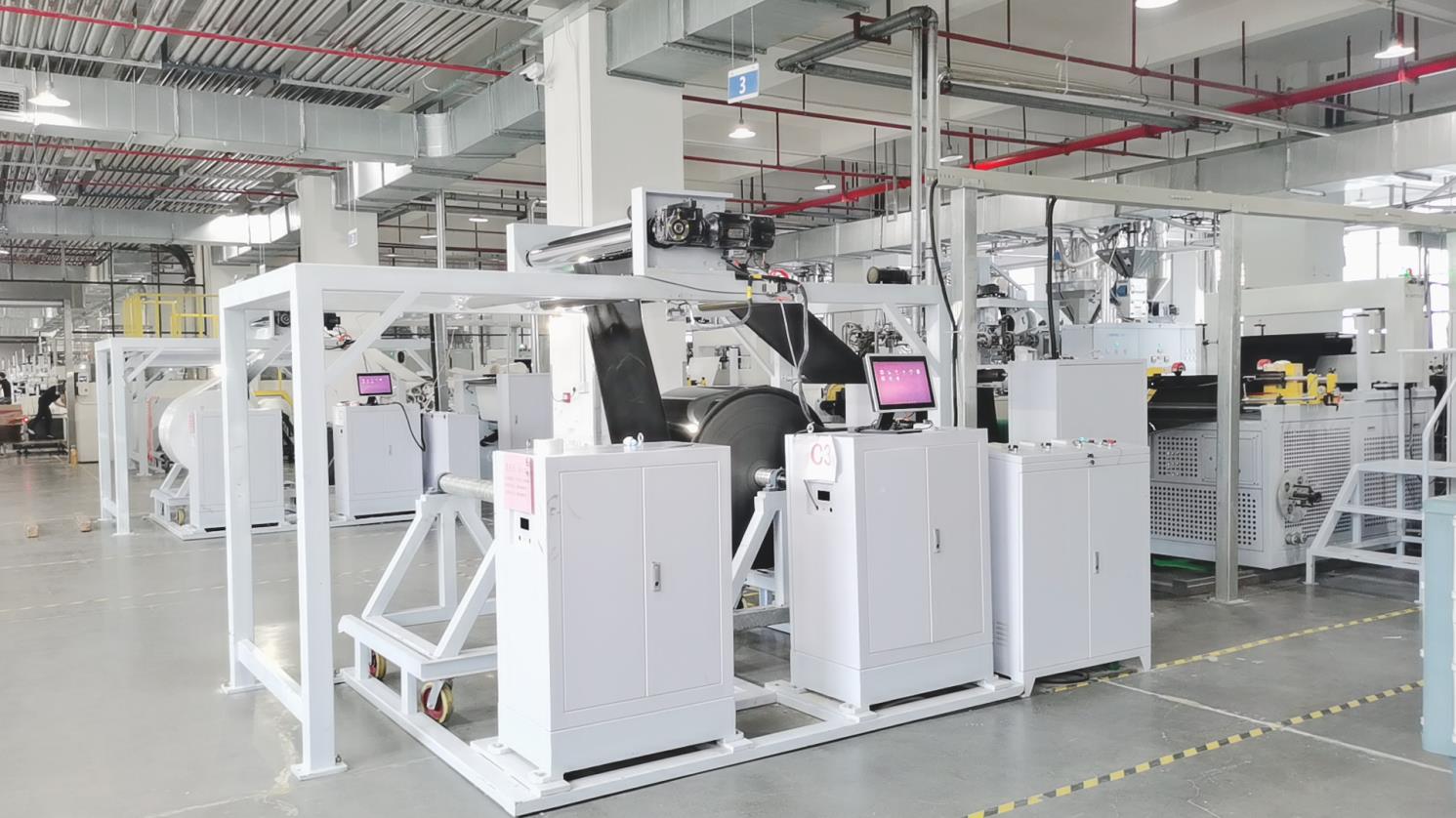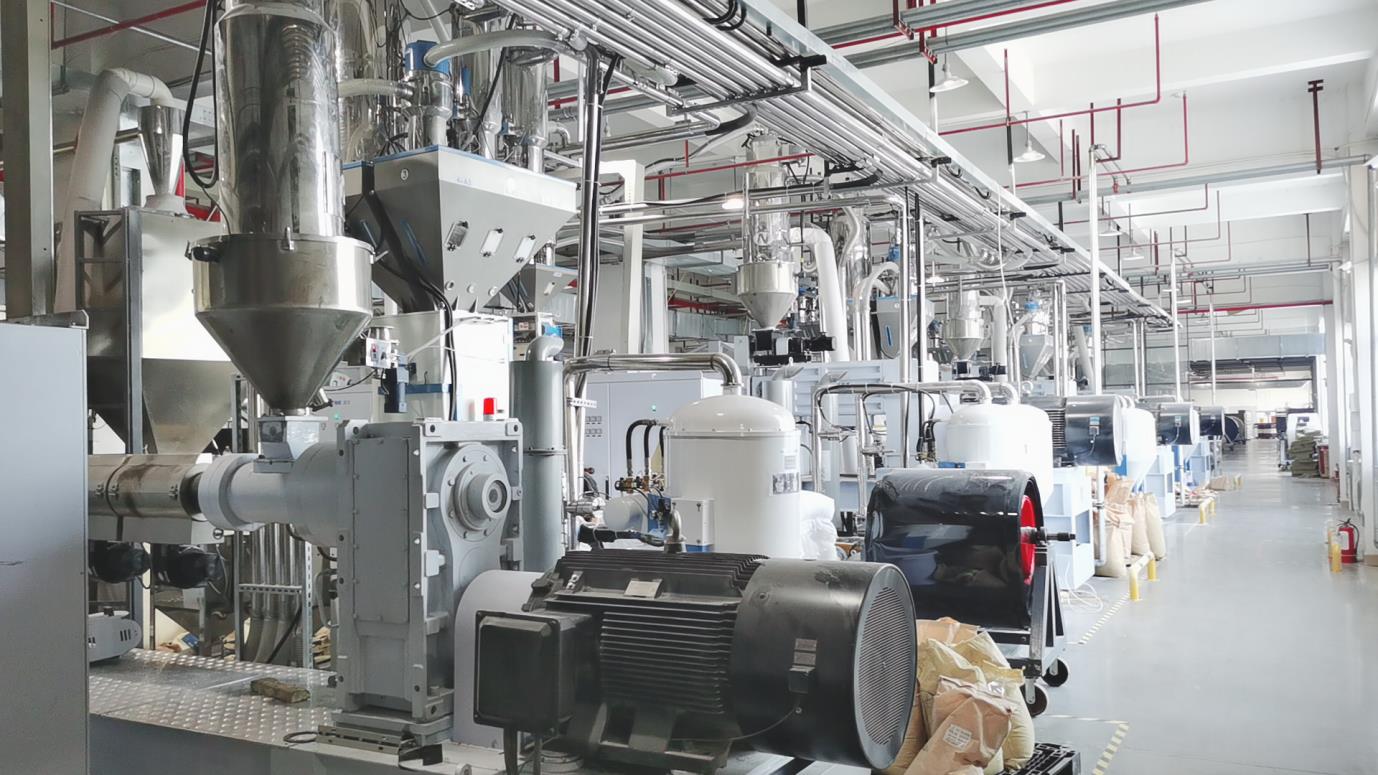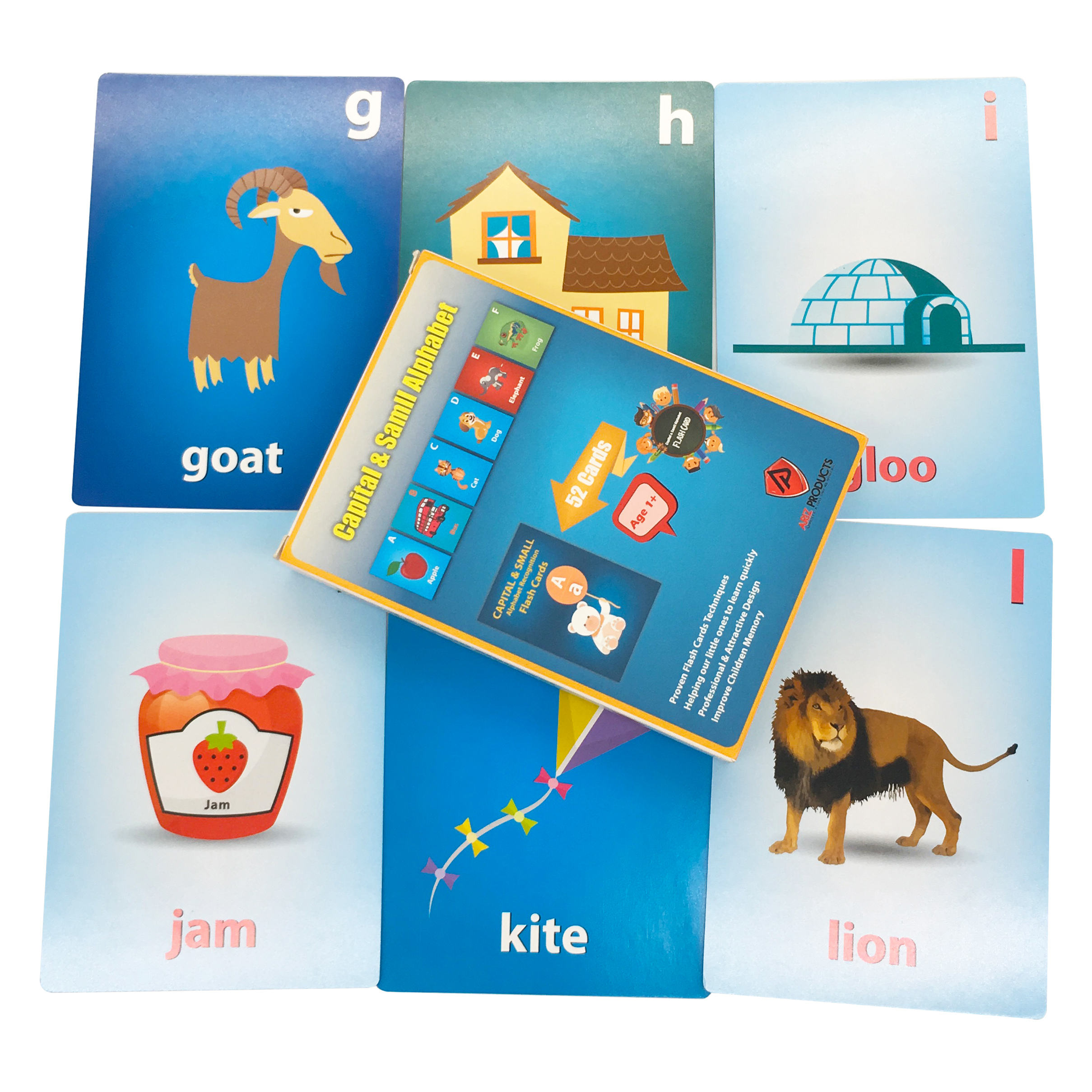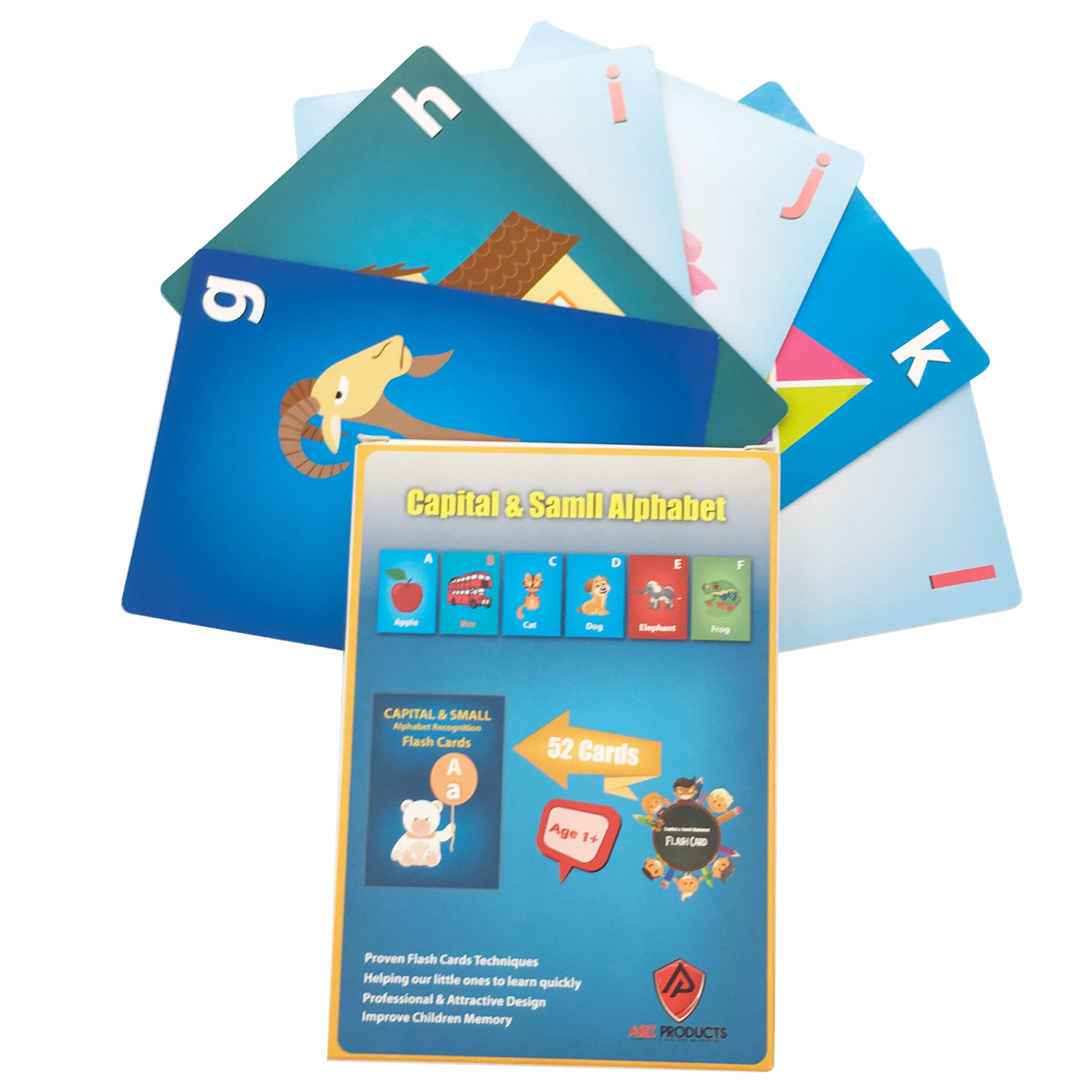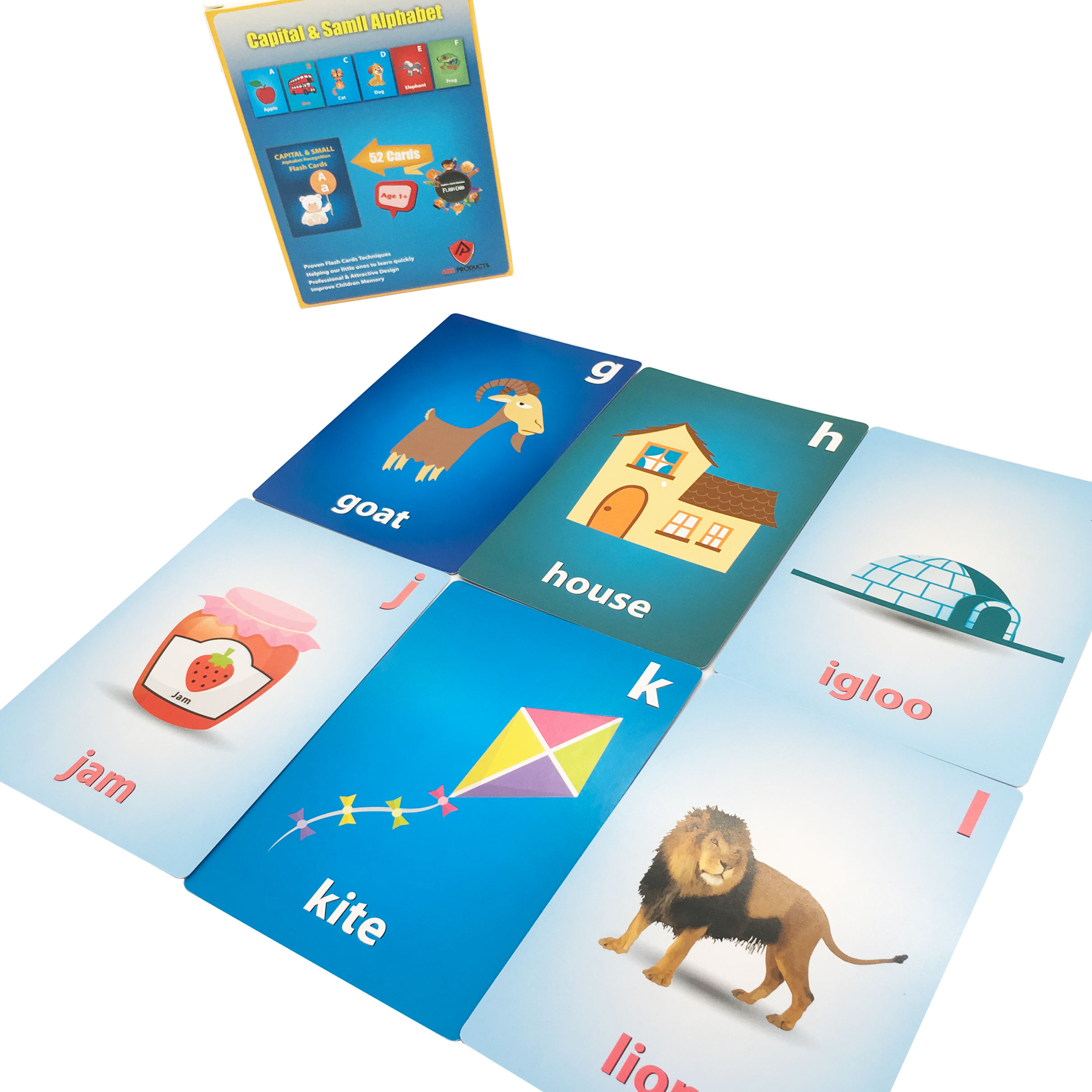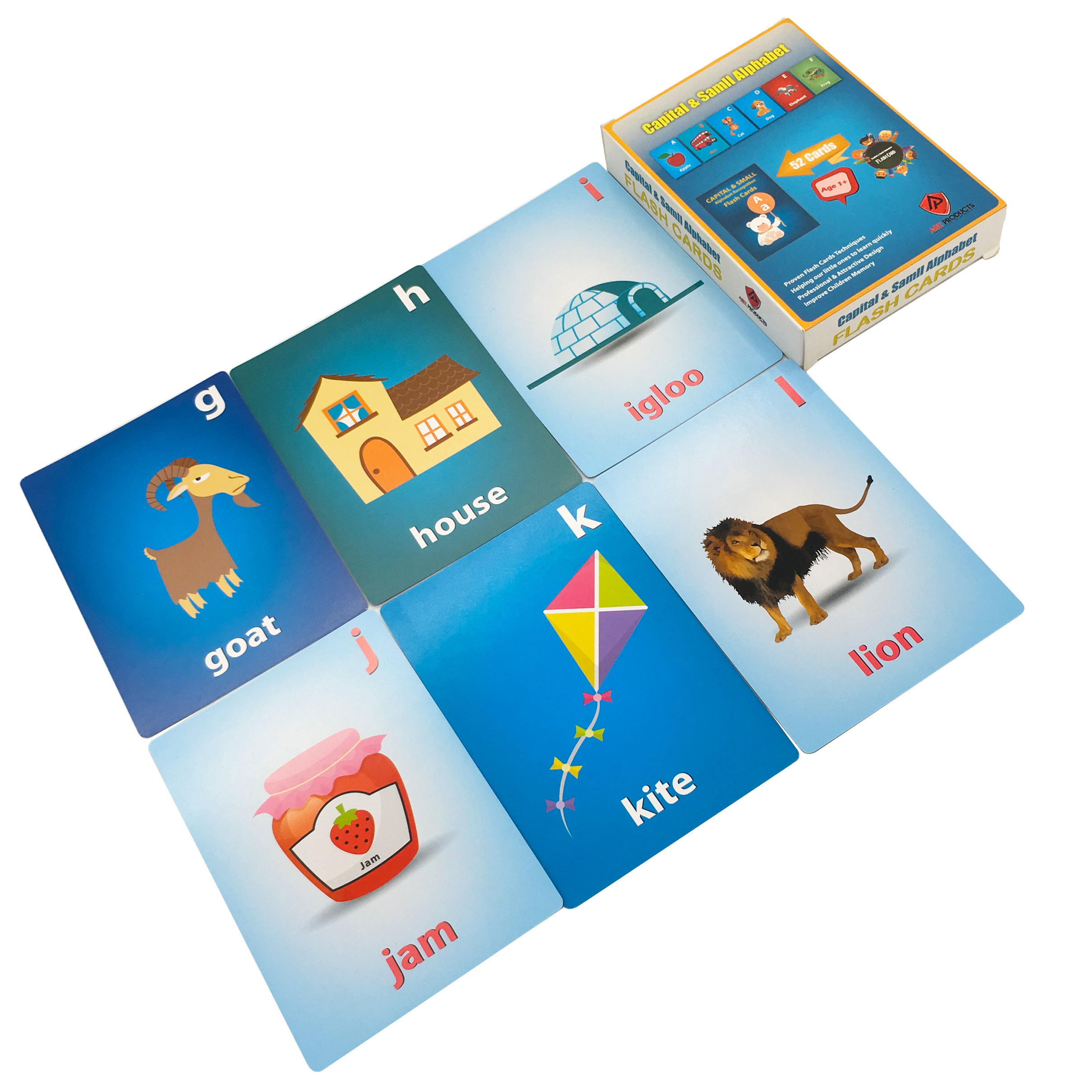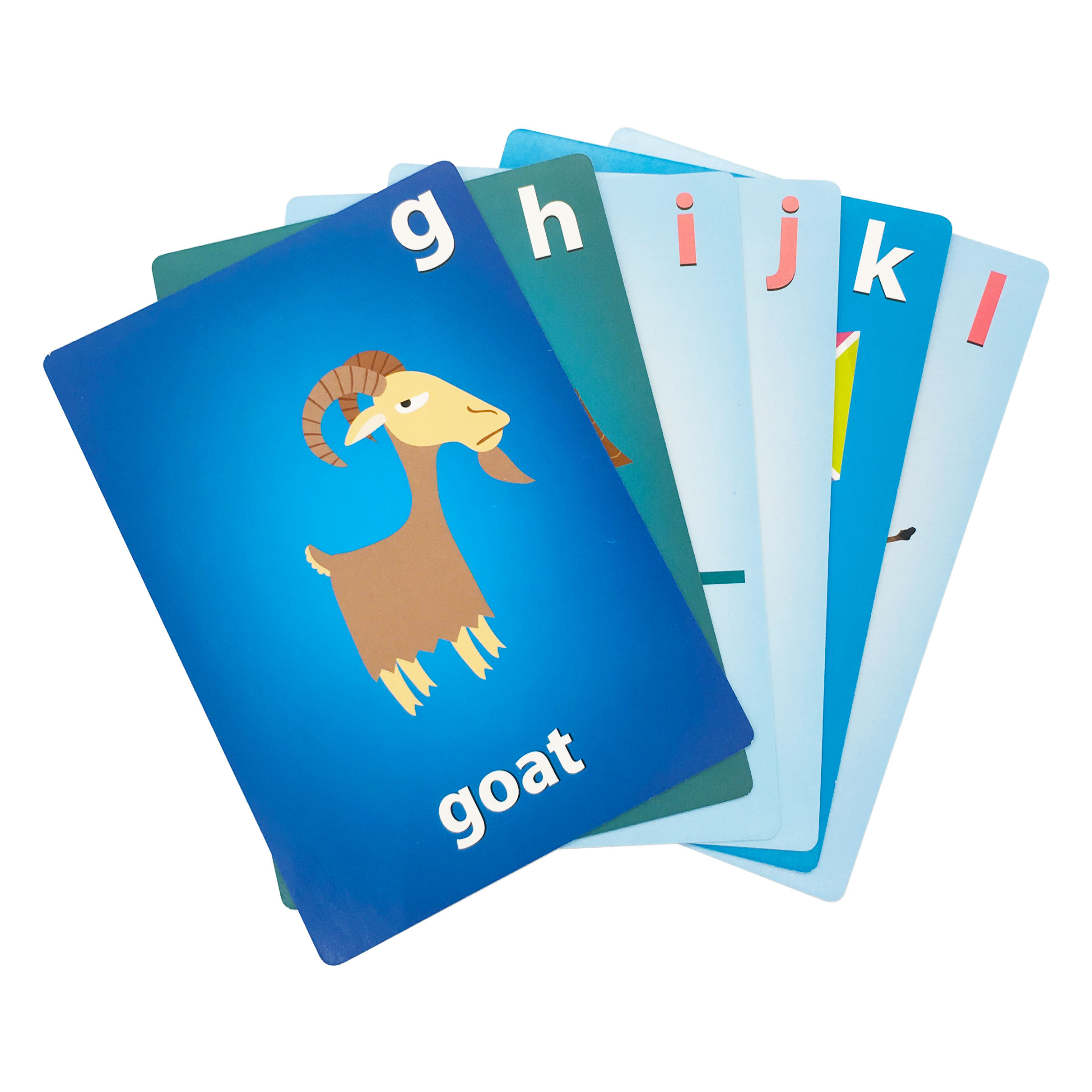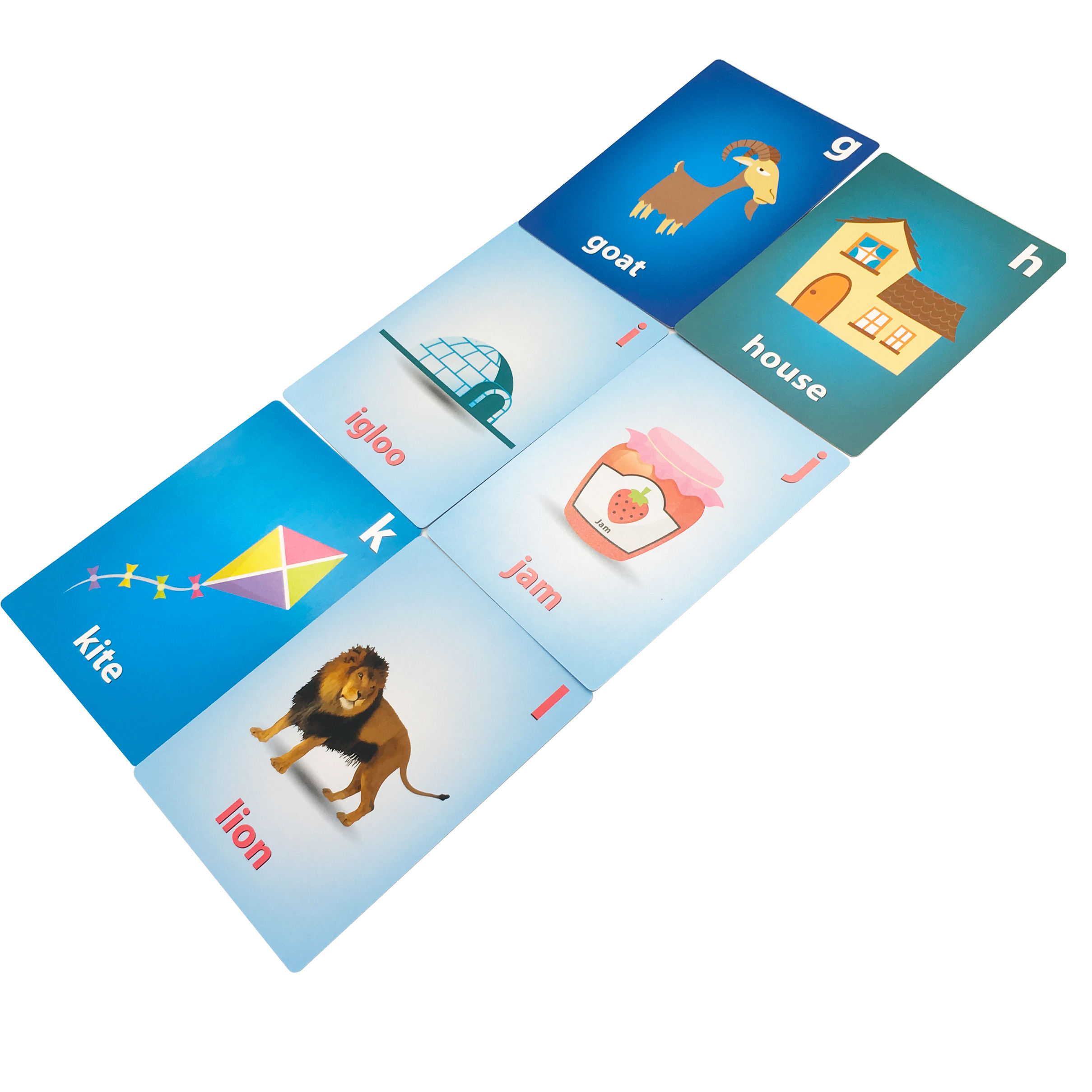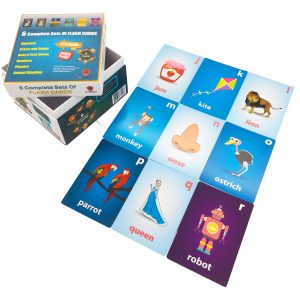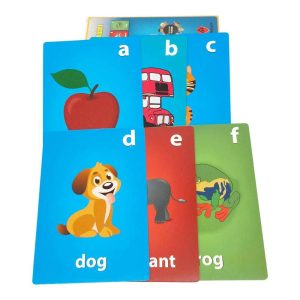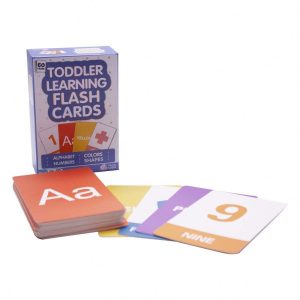Flash cards are a popular tool used for learning and memorization. They consist of small cards, usually made of heavy cardstock or plastic, with information printed on one or both sides. They are commonly used in educational settings, such as classrooms and tutoring sessions, as well as for personal study and self-improvement.
Flash cards can be used for a variety of subjects, including vocabulary, math equations, historical facts, scientific concepts, and foreign language phrases. They are especially useful for memorization tasks, such as learning multiplication tables or vocabulary words, as they allow learners to test themselves and repeat information until it is firmly ingrained in their memory.
One of the main benefits of flash cards is their versatility. They can be used in a variety of ways, such as:
- Traditional flash card drills: Flash cards are shuffled and then presented one at a time to the learner, who then attempts to recall the information on the card before flipping it over to check their answer.
- Group games: Flash cards can be used to create a variety of group games, such as memory matching games or relay races.
- Self-quizzing: Learners can use flash cards to quiz themselves on a particular subject, testing their recall and knowledge.
- Randomized study: Flash cards can be shuffled and presented in a random order to help learners practice recalling information in a non-linear way.
Flash cards can also be customized to fit the learner’s specific needs. For example, learners can create their own flash cards with specific information they need to learn, or they can purchase pre-made flash cards that cover a range of topics. Additionally, flash cards can be tailored to the learner’s individual learning style. For example, visual learners may benefit from flash cards with images or diagrams, while auditory learners may benefit from flash cards with recordings of important information.
In addition to their versatility and customization options, flash cards have been shown to be an effective learning tool. Studies have found that using flash cards can improve memory retention and recall, especially when used consistently over time.
There are a few best practices for using flash cards effectively:
- Start with a small number of cards: Beginners should start with a small number of flash cards and gradually increase the number as they become more comfortable with the material.
- Use active recall: Instead of simply reading the information on the card, learners should actively try to recall the information before flipping the card over to check their answer.
- Repeat information: Flash cards should be used repeatedly over time, with learners reviewing the information on a regular basis to reinforce their memory.
- Focus on difficult areas: Learners should focus their flash card study sessions on areas where they are struggling or need extra practice.
Overall, flash cards are a versatile and effective learning tool that can be used in a variety of educational settings. Whether for vocabulary words, math equations, or scientific concepts, flash cards offer a flexible and customizable approach to learning and memorization.
